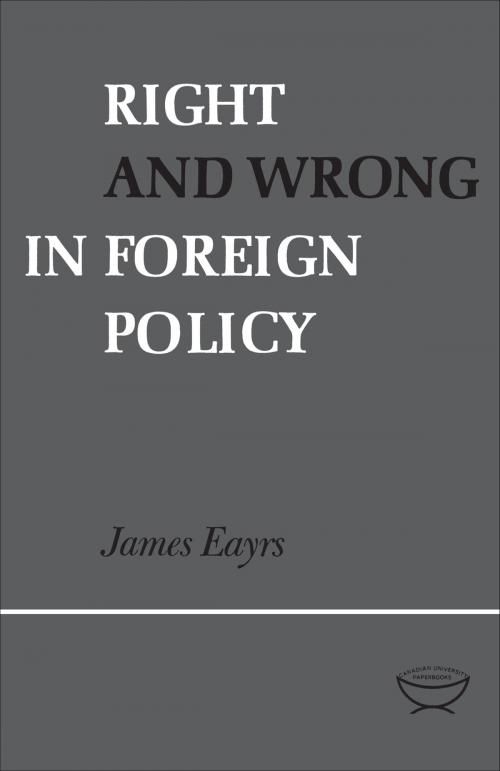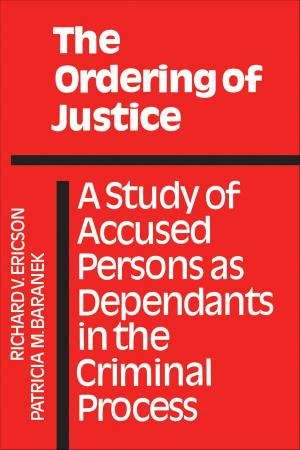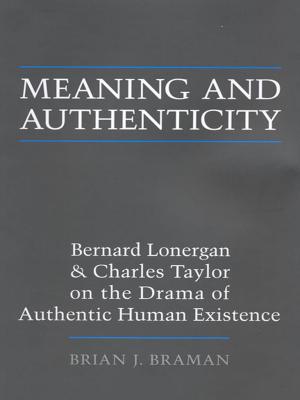Right and Wrong in Foreign Policy
Nonfiction, Religion & Spirituality, Philosophy, Political, Social & Cultural Studies, Political Science, Politics, History & Theory| Author: | James Eayrs | ISBN: | 9781487596576 |
| Publisher: | University of Toronto Press, Scholarly Publishing Division | Publication: | January 1, 1966 |
| Imprint: | Language: | English |
| Author: | James Eayrs |
| ISBN: | 9781487596576 |
| Publisher: | University of Toronto Press, Scholarly Publishing Division |
| Publication: | January 1, 1966 |
| Imprint: | |
| Language: | English |
The Plaunt Lectures for 1965 deal with the perennial problem of moral man in immoral society, the society in question being the international states-system. An examination of the working of that system discloses that the scope for wrong-doing by the makers of foreign policy has, since 1945, enlarged rather than contracted. Deceit, treachery, and cruelty are held to be the characteristic manifestations of modern statecraft, rather than exceptional or aberrational. An attempt is made to discover why this should be so. The traditional attitudes towards the discrepancy between private ethics and the ethics of statecraft is assessed, and found wanting; a new attitude is outlined, and recommended. Finally, the Lectures seeks fresh answers to Machiavelli's classic inquiry into the ways in which statesman should keep faith; the inquiry is broadened to include not statesmen only, but public servants - diplomatic and military - the public at large, and intellectuals (in whom a special responsibility is discerned).
The range of applications of these lectures is immense: argued closely, and yet from a broad intellectual base, they pertain directly to all who exercise and influence public authority.
The Plaunt Lectures for 1965 deal with the perennial problem of moral man in immoral society, the society in question being the international states-system. An examination of the working of that system discloses that the scope for wrong-doing by the makers of foreign policy has, since 1945, enlarged rather than contracted. Deceit, treachery, and cruelty are held to be the characteristic manifestations of modern statecraft, rather than exceptional or aberrational. An attempt is made to discover why this should be so. The traditional attitudes towards the discrepancy between private ethics and the ethics of statecraft is assessed, and found wanting; a new attitude is outlined, and recommended. Finally, the Lectures seeks fresh answers to Machiavelli's classic inquiry into the ways in which statesman should keep faith; the inquiry is broadened to include not statesmen only, but public servants - diplomatic and military - the public at large, and intellectuals (in whom a special responsibility is discerned).
The range of applications of these lectures is immense: argued closely, and yet from a broad intellectual base, they pertain directly to all who exercise and influence public authority.















